
CAS Newsletter 2015/2016
Articles, pictures and interviews can be reprinted only with the consent of Centre for Advanced Study Sofia (CAS - Sofia). Any citations should be duly acknowledged.
More...We kindly inform you that, as long as the subject affiliation of our 300.000+ articles is in progress, you might get unsufficient or no results on your third level or second level search. In this case, please broaden your search criteria.

Articles, pictures and interviews can be reprinted only with the consent of Centre for Advanced Study Sofia (CAS - Sofia). Any citations should be duly acknowledged.
More...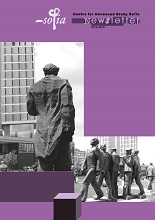
Articles, pictures and interviews can be reprinted only with the consent of Centre for Advanced Study Sofia (CAS - Sofia). Any citations should be duly acknowledged.
More...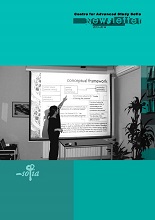
Articles, pictures and interviews can be reprinted only with the consent of Centre for Advanced Study Sofia (CAS - Sofia). Any citations should be duly acknowledged.
More...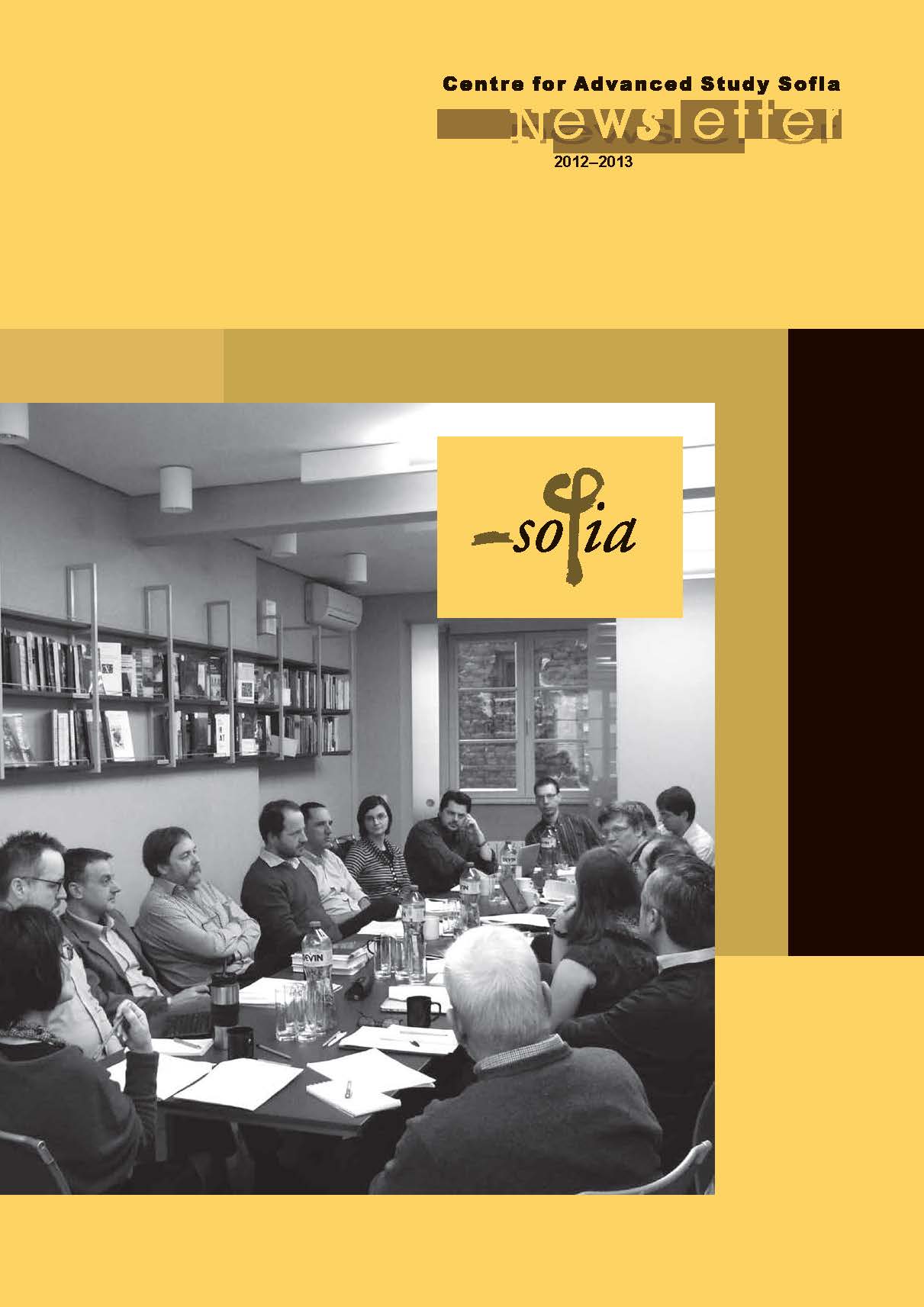
Articles, pictures and interviews can be reprinted only with the consent of Centre for Advanced Study Sofia (CAS - Sofia). Any citations should be duly acknowledged.
More...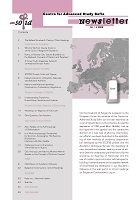
Articles, pictures and interviews can be reprinted only with the consent of Centre for Advanced Study Sofia (CAS - Sofia). Any citations should be duly acknowledged.
More...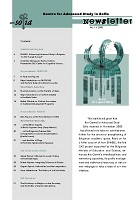
Articles, pictures and interviews can be reprinted only with the consent of Centre for Advanced Study Sofia (CAS - Sofia). Any citations should be duly acknowledged.
More...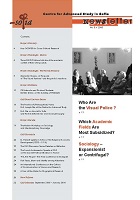
Articles, pictures and interviews can be reprinted only with the consent of Centre for Advanced Study Sofia (CAS - Sofia). Any citations should be duly acknowledged.
More...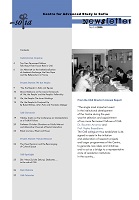
Articles, pictures and interviews can be reprinted only with the consent of Centre for Advanced Study Sofia (CAS - Sofia). Any citations should be duly acknowledged.
More...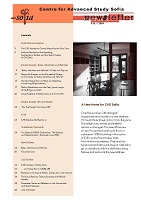
Articles, pictures and interviews can be reprinted only with the consent of Centre for Advanced Study Sofia (CAS - Sofia). Any citations should be duly acknowledged.
More...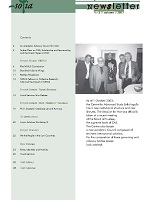
Articles, pictures and interviews can be reprinted only with the consent of Centre for Advanced Study Sofia (CAS - Sofia). Any citations should be duly acknowledged.
More...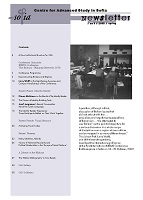
Articles, pictures and interviews can be reprinted only with the consent of Centre for Advanced Study Sofia (CAS - Sofia). Any citations should be duly acknowledged.
More...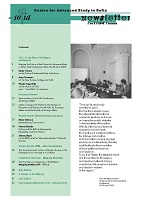
Articles, pictures and interviews can be reprinted only with the consent of Centre for Advanced Study Sofia (CAS - Sofia). Any citations should be duly acknowledged.
More...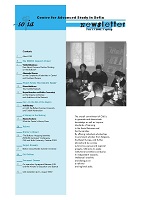
Articles, pictures and interviews can be reprinted only with the consent of Centre for Advanced Study Sofia (CAS - Sofia). Any citations should be duly acknowledged.
More...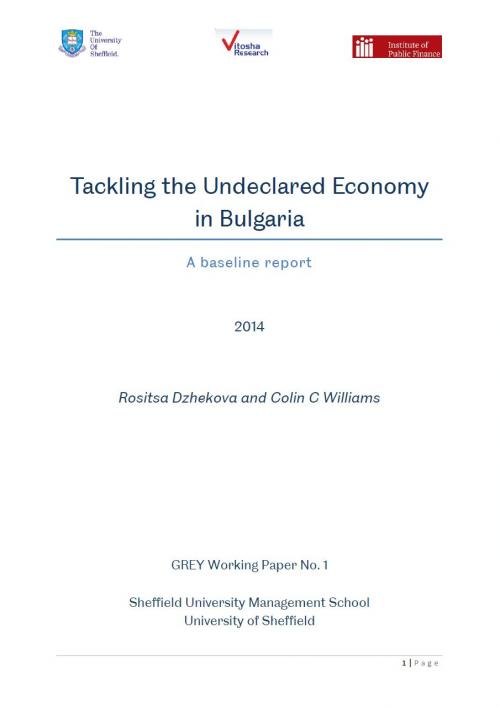
This working paper is an output of the European Commission’s FP7 "Marie Curie Industry-Academia Partnerships and Pathways" (IAPP) project entitled "GREY - Out of the shadows: developing capacities and capabilities for tackling undeclared work in Bulgaria, Croatia and FYR Macedonia". Ms Rositsa Dzhekova, Center for the Study of Democracy and Prof. Colin C Williams, GREY-IAPP, Sheffield University Management School, University of Sheffield elaborated the report in April 2014. It provides a systematic review of available evidence on the extent and nature of the undeclared economy in Bulgaria, as well as on the institutional actors involved in tackling the phenomenon and their policy approach and measures used. The aim of the GREY project is to provide concrete policy recommendations, based on rigorous empirical evidence, for those seeking to tackle the undeclared economy in Bulgaria, Croatia and FYR Macedonia. The key objectives of our project are: to conduct evaluations of existing policy measures directed at enabling the formalization of undeclared work; to identify good practices and assess the extent to which they might be transferable to other countries or contexts; to develop innovative policy measures and test their effectiveness at tackling undeclared employment in the EU-27; and to train a generation of experts who will be able to act as advisors and implementers of ambitious projects aimed at curbing undeclared work.
More...
Bulgarian transition is influenced by radical events in the winter of 1997. The new economic policy is based on the introduction of the Currency Board and the framing of the reforms by the agreements with the International Monetary Fund in 1998 and 2001. In the period 1997-2000 massive foreign investments entered the country and were supported by the macroeconomic stability maintained through the Currency Board, the beginning of the radical structural reforms and an active privatization policy. The EU accession perspective and the start of negotiations added a significant external incentive to the vital internal necessities for capital to cover the "resource gap" of the reform policies. FDI could be beneficial for a host economy due to the following possibilities: • Creates linkages between foreign affiliates and local firms. • Domestic competitors may increase their productivity through the working of ‘demonstration effects’ (imitation of introduced innovations). • Training of local employees (managerial, marketing and technological knowledge could be later transferred to local firms). The article aims at identifying and measuring the determinants of the European union enterprises’ relocation in Bulgaria and their impact on the relations between foreign and local enterprises; an area, in which positive effects concerning the recipient country are expected. The paper consists of 3 different sections.
More...
The 1993-1995 period saw the first steps of privatization, the establishment and development of its institutional foundations and in 1995, the phasing-in of actual privatization. Over 24,000 entities had been privatized by December 31, 1995. Most units (about 22,000 shops, restaurants, hotels, warehouses, small production enterprises, etc.) passed into private hands through restitution. The specific nature of the recent development of Bulgaria's private sector is determined largely by this restoration of ownership rights to small urban properties. Restitution helped create favorable conditions for the establishment of a real estate market and for the promotion of entrepreneurship, mainly in trade and services. However, there are still many unsettled restitution claims, as well as some unresolved problems concerning how some former owners may be indemnified by giving them the opportunity to participate in other forms of privatization.
More...
Two years after the adoption of the Privatization Law(1992), even if slowly, privatization in Bulgaria has made considerable progress. It is the only transition country wich implements only market (capital) privatisation. Bulgaria is a middle-income country, which poses a serious barrier to capital privatization. Of course, experience (Chile, for instance) has shown that a successful capital privatization is possible in such countries as well.
More...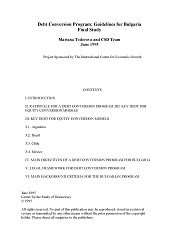
The economic changes of the past years in Eastern Europe and particularly in Bulgaria have created a new environment for the international business. Despite the serious economic, financial and structural challenges, Bulgaria's potential for privatization, industrial modernization and rapid economic growth are unprecedented.
More...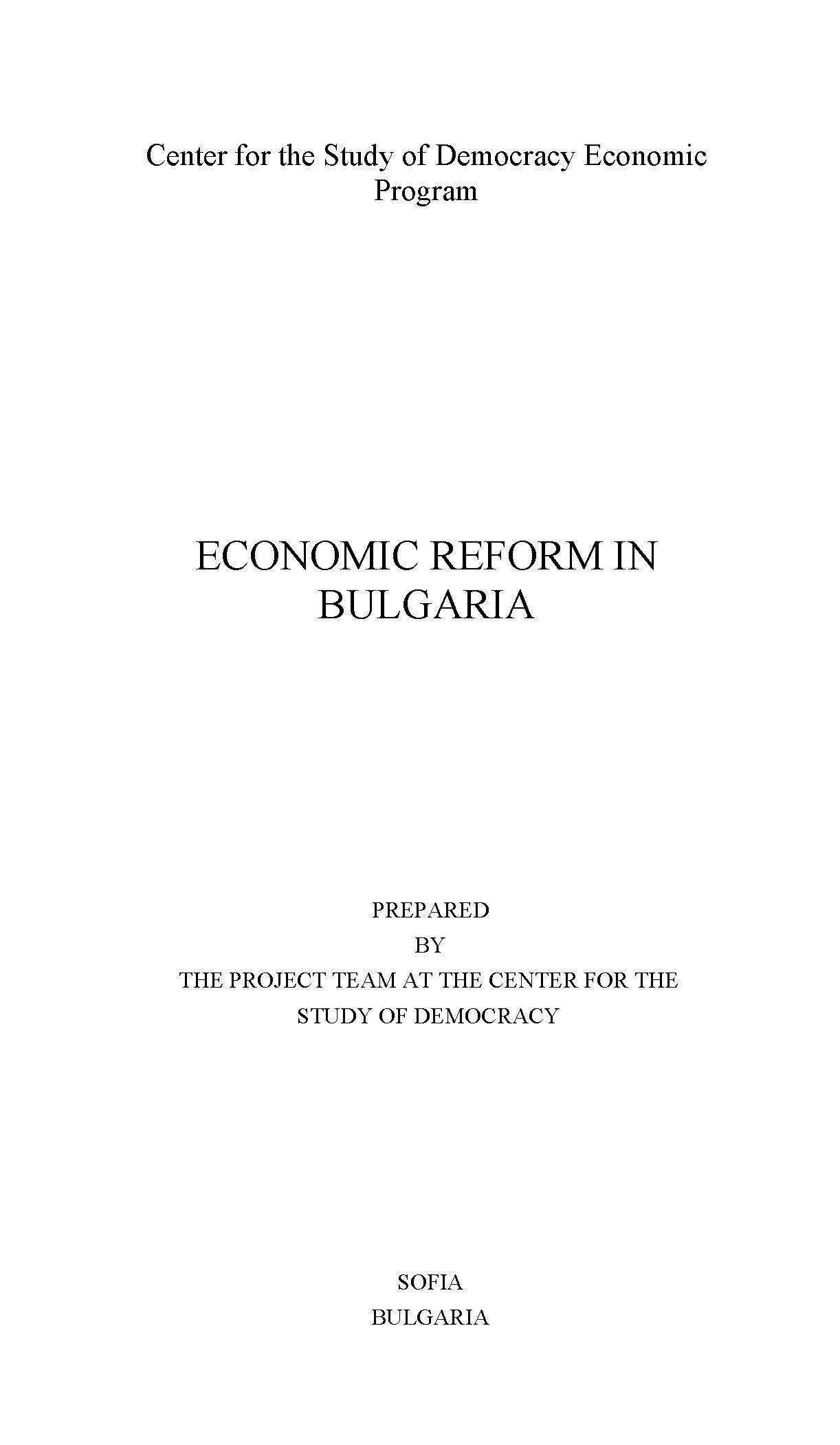
At the beginning of 1991 the Bulgarian economy had almost reached the point of collapse. This was due to the economic policy of 1990, combined with the negative effects of the Persian Gulf crisis. On this background a project for one-year "stand-by" credit for Bulgaria from the IMF was prepared. The agreement was signed in February 1991 and confirmed by IMF on March 15. Under these circumstances the use of the IMF resources was the only possibility for partial recovery of the country's hard currency reserves, and this possibility could certainly be used only under the specific conditions required by IMF.
More...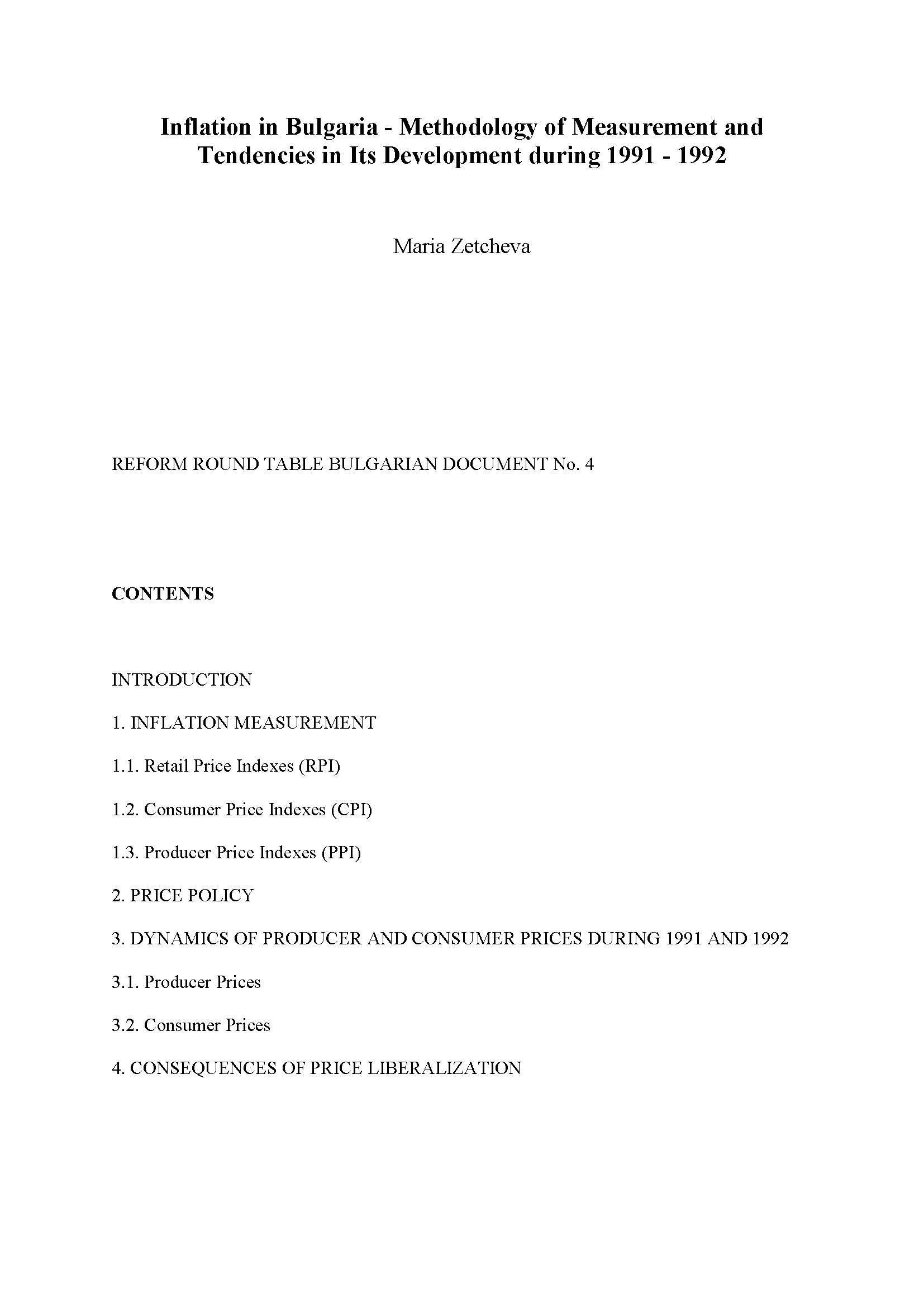
Price liberalization occupies a central place in every stabilization program. Its purpose is to reach a rational relative price structure and thus to eliminate the imbalance between the solvent demand and supply of goods and services, set up in the terms of administrative valuation of prices. By removing price level control arises a possibility of unfolding hidden inflationary processes in the economy. The choice of a liberalization scheme is an important problem in this aspect. It is to direct the completion of price liberalization process so that an optimum effect is reached.
More...